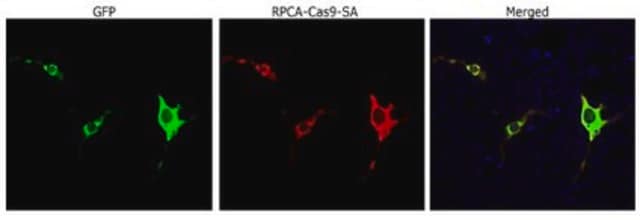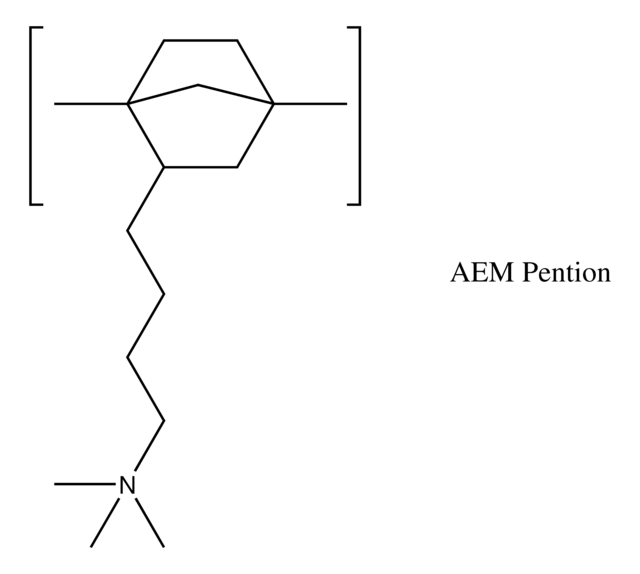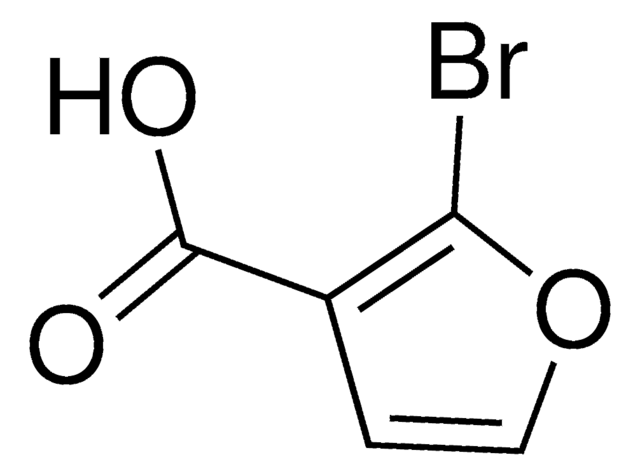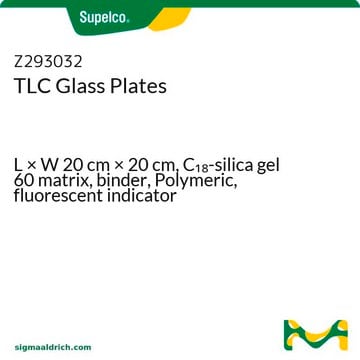AMAB91409
Monoclonal Anti-TBX19 antibody produced in mouse
Prestige Antibodies® Powered by Atlas Antibodies, clone CL6251, purified immunoglobulin, buffered aqueous glycerol solution
Synonym(e):
TPIT, dj747L4.1
About This Item
Empfohlene Produkte
Konjugat
unconjugated
Qualitätsniveau
Antikörperform
purified immunoglobulin
Antikörper-Produkttyp
primary antibodies
Klon
CL6251, monoclonal
Produktlinie
Prestige Antibodies® Powered by Atlas Antibodies
Form
buffered aqueous glycerol solution
Speziesreaktivität
human
Methode(n)
immunohistochemistry: 1:1000-1:2500
Isotyp
IgG1
Ensembl | Human Hinterlegungsnummer
UniProt-Hinterlegungsnummer
Versandbedingung
wet ice
Lagertemp.
−20°C
Posttranslationale Modifikation Target
unmodified
Angaben zum Gen
human ... TBX19(9095)
Immunogen
Sequence
EVHASTPGAFLLGNPAVTSPPSVLSTQAPTSAGVEVLGEPSLTSIAVSTWTAVASHPFAGWGGPGAGGHHSPSSLDG
Epitope
Binds to an epitope located within the peptide sequence VLGEPSLTSIAVSTW as determined by overlapping synthetic peptides.
Anwendung
Leistungsmerkmale und Vorteile
Every Prestige Antibody is tested in the following ways:
- IHC tissue array of 44 normal human tissues and 20 of the most common cancer type tissues.
- Protein array of 364 human recombinant protein fragments.
Verlinkung
Physikalische Form
Rechtliche Hinweise
Sie haben nicht das passende Produkt gefunden?
Probieren Sie unser Produkt-Auswahlhilfe. aus.
Lagerklassenschlüssel
10 - Combustible liquids
WGK
WGK 1
Hier finden Sie alle aktuellen Versionen:
Analysenzertifikate (COA)
Die passende Version wird nicht angezeigt?
Wenn Sie eine bestimmte Version benötigen, können Sie anhand der Lot- oder Chargennummer nach einem spezifischen Zertifikat suchen.
Besitzen Sie dieses Produkt bereits?
In der Dokumentenbibliothek finden Sie die Dokumentation zu den Produkten, die Sie kürzlich erworben haben.
Unser Team von Wissenschaftlern verfügt über Erfahrung in allen Forschungsbereichen einschließlich Life Science, Materialwissenschaften, chemischer Synthese, Chromatographie, Analytik und vielen mehr..
Setzen Sie sich mit dem technischen Dienst in Verbindung.








